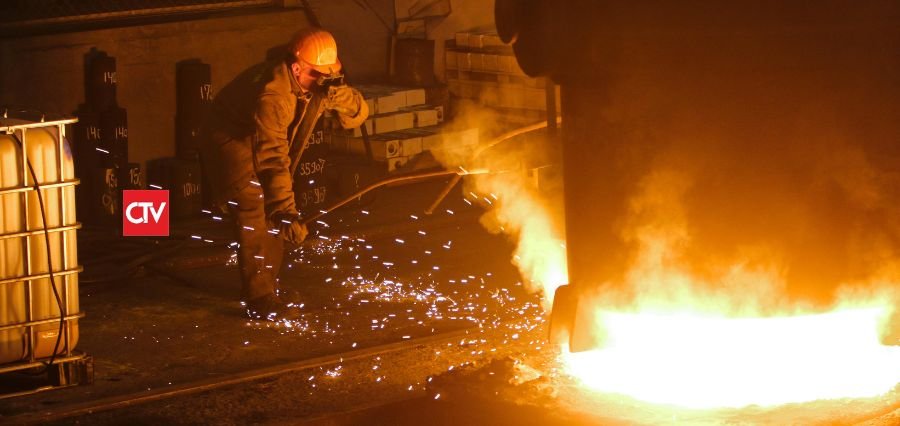Prime Highlights
- The government is preparing a possible rescue package for another behemoth steelworks in trouble.
- This comes after emergency action last month to preserve British Steel’s Scunthorpe plant, amid fears about national steel-producing capacity.
Key Fact
- The UK could be the sole G7 country lacking native primary steelmaking if both blast furnaces close.
- Ministers are weighing legislation and finances to protect thousands of positions and industrial independence.
Key Background
Ministers are weighing their second significant intervention to stave off the closure of a big steelworks, as the crisis in British steel deepens. It follows in the wake of emergency legislation passed to shore up production at British Steel’s Scunthorpe site, which had faced closure after posting huge losses and failed talks with its owner.
The last rescue included passing emergency legislation under the Steel Industry (Special Measures) Act 2025 to maintain the supply of raw materials and save the blast furnaces. The mill was losing approximately £700,000 per day, with the Chinese owner calling off a £500 million deal to switch to electric arc furnace (EAF) technology.
Another steelworks giant is to be placed in the spotlight next and, as with the first, is under pressure. Ministers are said to be considering writing off almost £1 billion of debt as a way of making break-up or future sale easier, or taxpayers’ money, or even nationalization. The pressure comes from fear that the UK will lose its last blast furnaces and be totally dependent on foreign imported steel unless action is taken.
Industry bosses, unions, and political opinion are calling on the government to develop a master steel strategy. The shift to EAFs is regarded as necessary to ensure competitiveness and decarbonisation in the future but would have massive expenditure—up to £6 billion. Campaigners believe, unless action is taken, the UK steel industry is headed for irreparable contraction, putting jobs, local economies, and national industrial security at risk.
The decision is a crossroads for British manufacturing. The choice of whether to stake resources in a green and competitive future for steel—or to allow the sector to collapse—can define the nation’s industrial self for generations.
Read More: YouTube Cracks Down on Mass-Produced Content: New Monetisation Rules Begin July 15







